Ukrainian President Volodymyr Zelensky met with King Charles III at Windsor Castle on Friday ahead of a high-level meeting of Kyiv’s key allies in London, where British Prime Minister Keir Starmer is expected to urge European nations to increase the supply of long-range missiles to Ukraine.
The meeting comes as the war in Ukraine enters its fourth winter, with Western allies stepping up pressure on Moscow through fresh rounds of sanctions. Both the United States and the European Union announced new measures this week targeting Russian energy exports in a coordinated effort to weaken the Kremlin’s war-funding capacity.
The Ukrainian national anthem echoed through the ancient halls of the 1,000-year-old Windsor Castle as Zelensky arrived for his third audience this year with King Charles. Later in the day, Starmer will host a “coalition of the willing” summit in London, attended by NATO Secretary-General Mark Rutte, Danish Prime Minister Mette Frederiksen, Dutch Prime Minister Dick Schoof, and other Western leaders, including French President Emmanuel Macron, who will join virtually.
According to Downing Street, Starmer will use the forum to call on allies to “step up the gifting of long-range capabilities to ensure Ukraine can build on its success,” underscoring the UK’s intent to keep military support flowing despite recent battlefield stalemates. The appeal follows Zelensky’s unsuccessful bid in Washington for long-range Tomahawk missiles, a setback that underscored Kyiv’s growing urgency to strike deep inside Russian territory and disrupt Moscow’s logistics.
The war shows no sign of abating, with Russian forces intensifying drone and missile attacks on Ukraine’s power infrastructure this week, leaving several regions in darkness. Starmer will also press European leaders to finalise a mechanism for unlocking frozen Russian sovereign assets to finance Ukraine’s defence, describing it as a vital step in holding Moscow accountable.
“Europe must finish the job on Russian assets and unlock billions to fund Ukraine’s defences,” Starmer is expected to say, according to a statement from his office.
On Thursday, EU leaders stopped short of approving a proposed €140-billion “reparations loan” backed by around €200 billion in frozen Russian central bank assets. The plan, championed by the European Commission, has faced resistance from Belgium, which hosts most of the funds. However, the summit’s conclusions mandated the Commission to “present options for financial support” to ensure Ukraine’s military and economic stability for the next two years.
Ukrainian President Zelensky welcomed the move as a signal of continued political will, saying it demonstrated that “Europe stands with Ukraine in both principle and action.” European Council President Antonio Costa reinforced that message, declaring that the bloc had “committed to ensuring Ukraine’s financial needs are covered for the next two years.”
“Russia should take note,” Costa warned. “Ukraine will have the resources it needs to defend itself.”
Despite diplomatic efforts, Zelensky has repeatedly warned that delays in supplying advanced weapons could cost Ukraine crucial ground. Kyiv continues to seek Germany’s Taurus missiles, though Berlin remains reluctant over fears of further escalating tensions with Moscow.
Britain and France already provide Storm Shadow and SCALP missiles, while Ukraine’s own production of Flamingo and Neptune systems has supplemented its arsenal. Starmer is also expected to announce an acceleration in the production of air defence missiles, pledging over 5,000 units and confirming that 140 “lightweight multi-role missiles” will be delivered to Ukraine this winter.
As the war grinds on with no end in sight, the Windsor Castle meeting and London summit signal renewed Western determination to keep Ukraine armed, funded, and resilient — even as political fatigue begins to test the endurance of its allies.


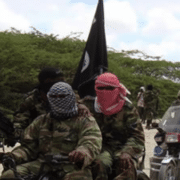
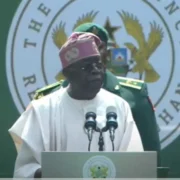
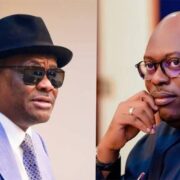
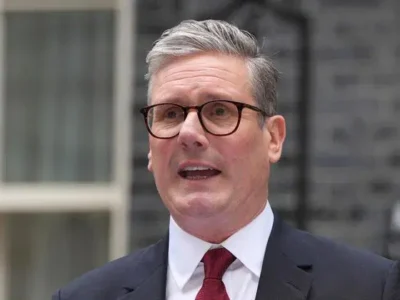
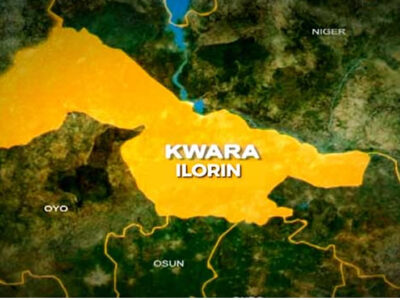
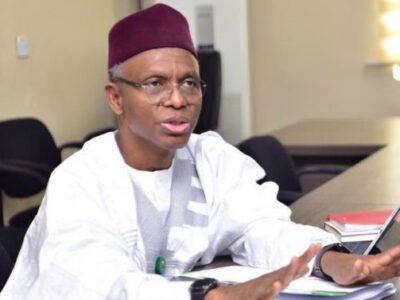
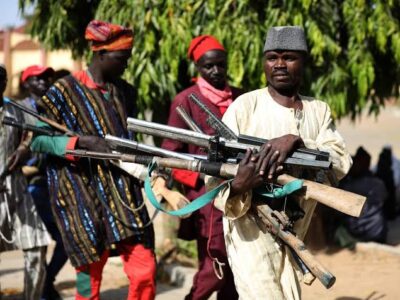









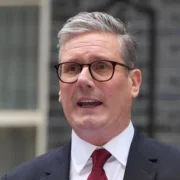
Comments